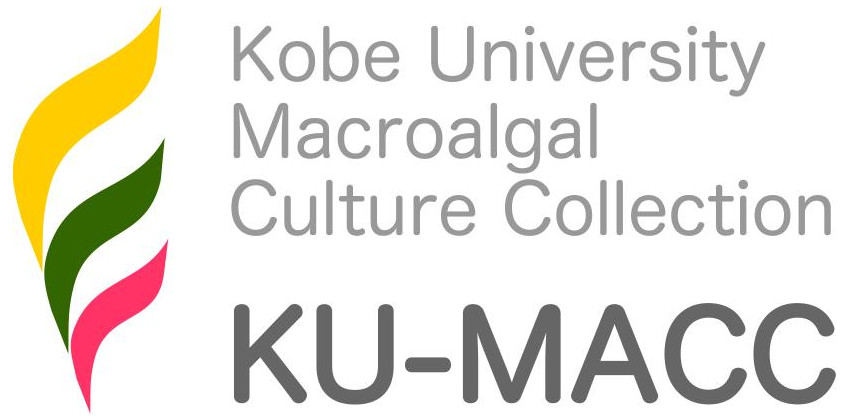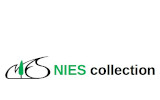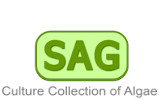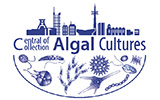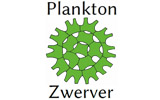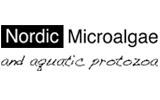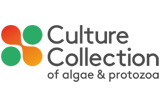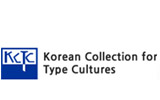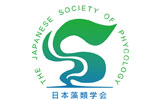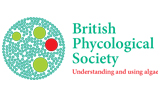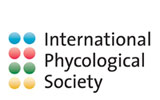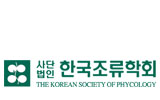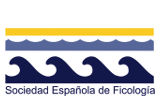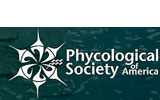Nostoc Vaucher ex Bornet & Flahault, 1886
Lectotype species: Nostoc commune Vaucher ex Bornet & Flahault
Publication details: Vaucher ex Bornet & Flahault, 1886: 181
Original publication: Bornet, É. & Flahault, C. (1886 '1888'). Revision des Nostocacées hétérocystées contenues dans les principaux herbiers de France (quatrième et dernier fragment). Annales des Sciences Naturelles, Botanique, Septième Série 7: 177-262.
Type designated in: Geitler, L. (1942). Schizophyceae. In: Die natürlichen Pflanzenfamilien,... Zweite Auflage. Band 1b. Schizophyta Klasse Schizophyceae. (Engler, A. & Prantl, K. Eds), pp. 1-232. Leipzig: Wilhelm Engelmann.
Description: Thallose; thallus micro- or macroscopic gelatinous, amorphous or spherical, later irregularly spherical, lobate, smooth or warty on the surface, filamentous or forming flat gelatinous or "paper like" (when dry) colonies, usually with distinct periderm on the colonial surface. Filaments within colony irregularly coiled and loosely or densely agglomerated, sometimes more gathered in peripheral layer; sheaths around trichomes present, but visible usually only in the periphery of colony or in young colonies, wide, fine mucilaginous, confluent with colonial mucilage, sometimes yellowish-brown. Trichomes isopolar, of the same width along the whole length, apical cells morphologically not different from other cells; cells cylindrical, barrel-shaped up to almost spherical (forming moniliform trichomes; variability of cell size and shape sometimes distinct in one and the same species). Heterocytes solitary, develop in trichomes terminally or intercalary (their frequency or absence is dependent on nitrogen metabolism); trichomes in principle metameric. Akinetes arise apoheterocytic, oval, little larger than cells; almost all cells between heterocytes change successively in akinetes towards heterocytes.
Information contributed by: J. Komárek. The most recent alteration to this page was made on 2023-03-06 by M.D. Guiry.
Taxonomic status: This name is of an entity that is currently accepted taxonomically.
Gender: This genus name is currently treated as neuter.
Most recent taxonomic treatment adopted: Strunecký, O., Ivanova, A.P. & Mareš, J. (2022 '2023'). An updated classification of cyanobacterial orders and families based on phylogenomic and polyphasic analysis (Review). Journal of Phycology 59(1): 12-51.
Comments: Nostoc has special life (vegetation) cycle, during which forms several special and characteristic stages (Mollenhauer 1986, Lazaroff 1972, Komárek and Anagnostidis 1989). From several described subgenera are probably acceptable typical Nostoc and Amorphonostoc, which differ in morphology of colonies (Amorphonostoc has no periderm) and by a type of life cycle, which is simpler in Amorphonostoc. Cells divide crosswise. Reproduction by motile hormogonia, which differentiate from trichomes by disconnection at heterocytes, by dissociation of thallus and by akinetes, respectively. Different species grow in freshwater biotopes, epipelic, epilithic and epiphytic in unpolluted lakes, ponds and pools, many species grow in different soils (especially the subgenus Amorphonostoc) or on their surface.
N. flagelliforme from Chinese semideserts is edible. Several species are important components of subpolar soil or water biotopes and nitrogen fixers. Few species grow endophytically in fungi (Geosiphon), mosses, liverworts, ferns and vascular plants (roots of Cycas, Gunnera). In world collections are numerous isolated strains, which are, however, insufficiently identified
Verification of Data
Users are responsible for verifying the accuracy of information before use, as noted on the website Content page.
Contributors
Some of the descriptions included in AlgaeBase were originally from the unpublished Encyclopedia of Algal Genera,
organised in the 1990s by Dr Bruce Parker on behalf of the Phycological Society of America (PSA)
and intended to be published in CD format.
These AlgaeBase descriptions are now being continually updated, and each current contributor is identified above.
The PSA and AlgaeBase warmly acknowledge the generosity of all past and present contributors and particularly the work of Dr Parker.
Descriptions of chrysophyte genera were subsequently published in J. Kristiansen & H.R. Preisig (eds.). 2001. Encyclopedia of Chrysophyte Genera. Bibliotheca Phycologica 110: 1-260.
Linking to this page: https://www.algaebase.org/search/genus/detail/?genus_id=42976
Citing AlgaeBase
Cite this record as:
M.D. Guiry in Guiry, M.D. & Guiry, G.M. 06 March 2023. AlgaeBase. World-wide electronic publication, National University of Ireland, Galway. https://www.algaebase.org; searched on 18 July 2025
 Request PDF
Request PDF